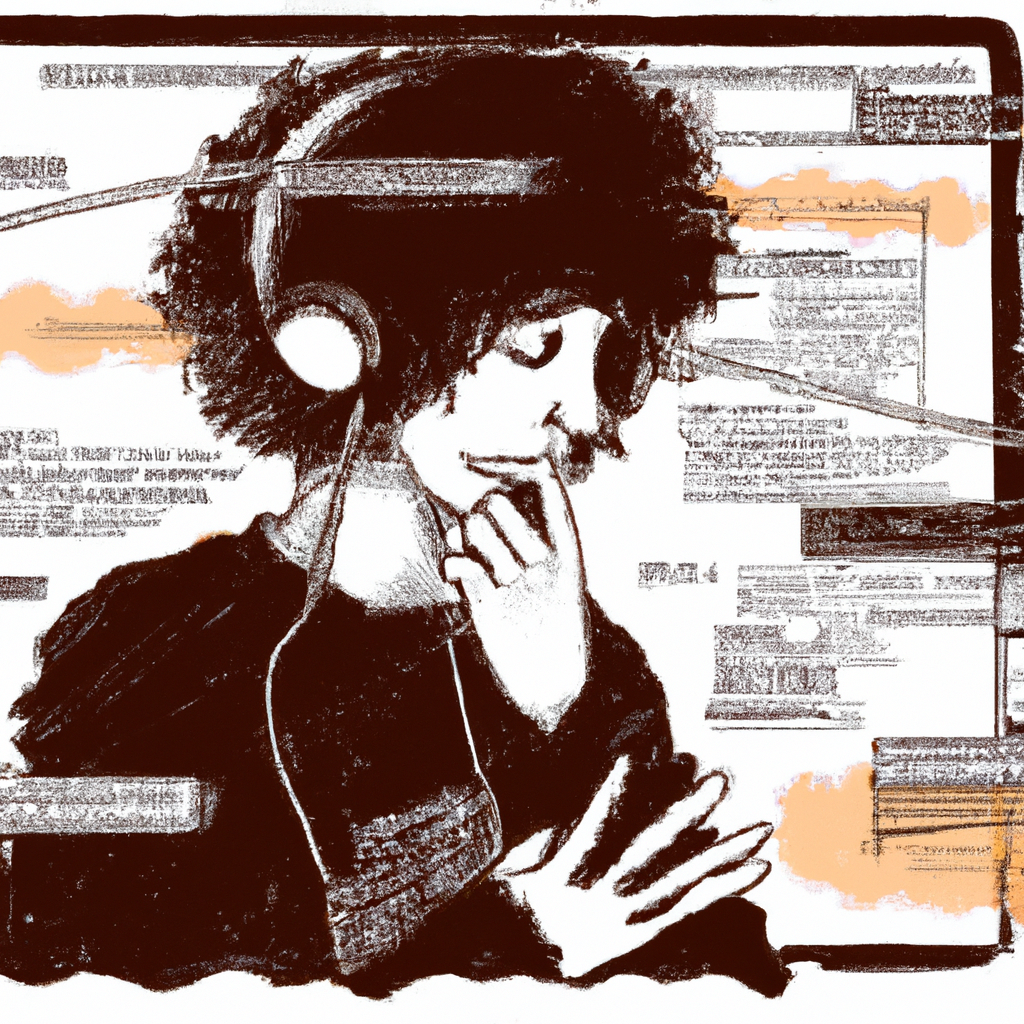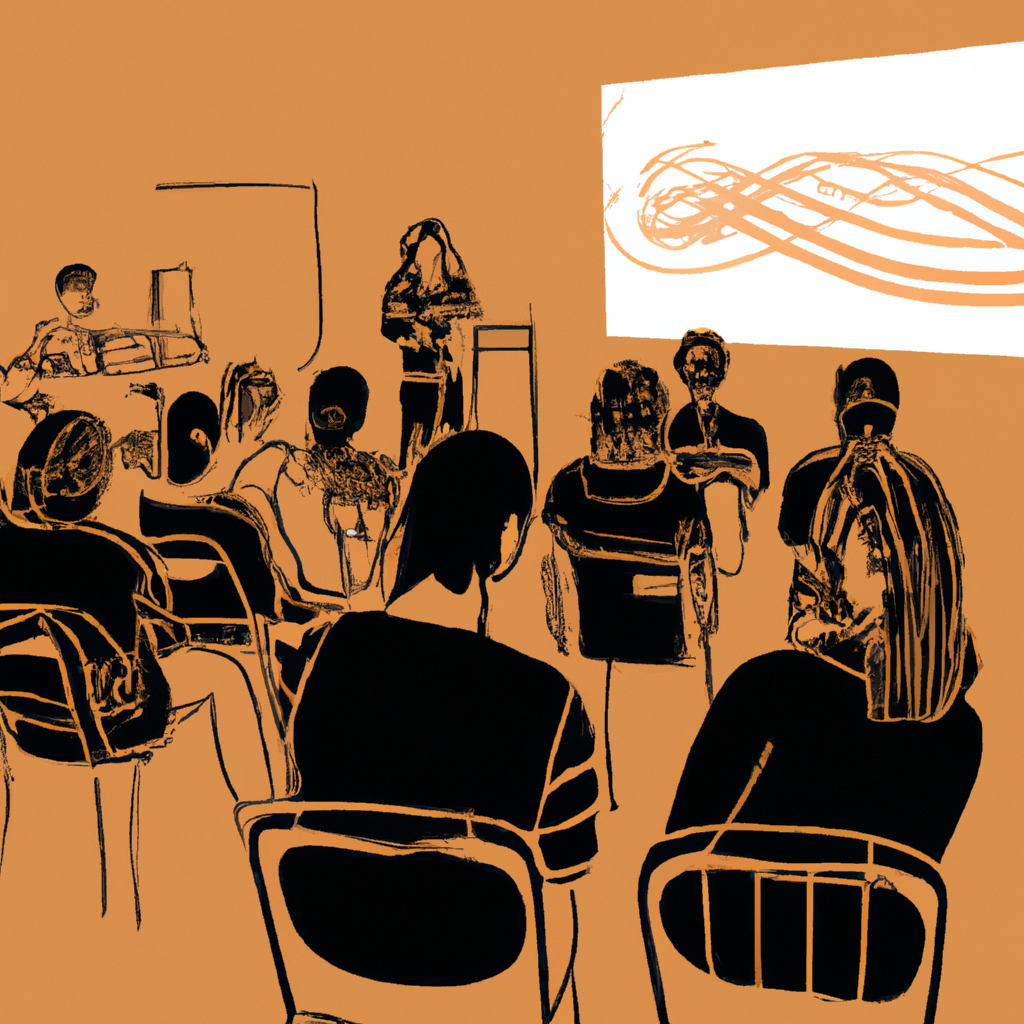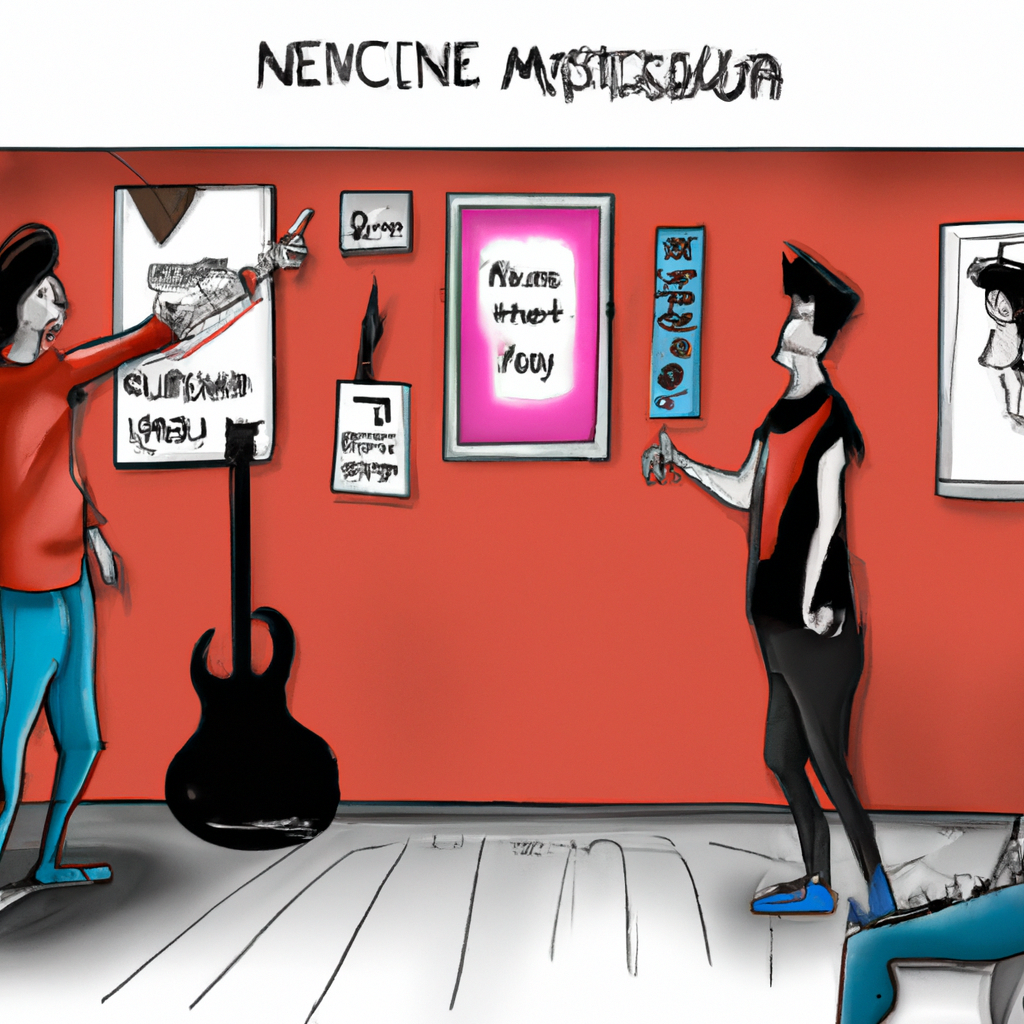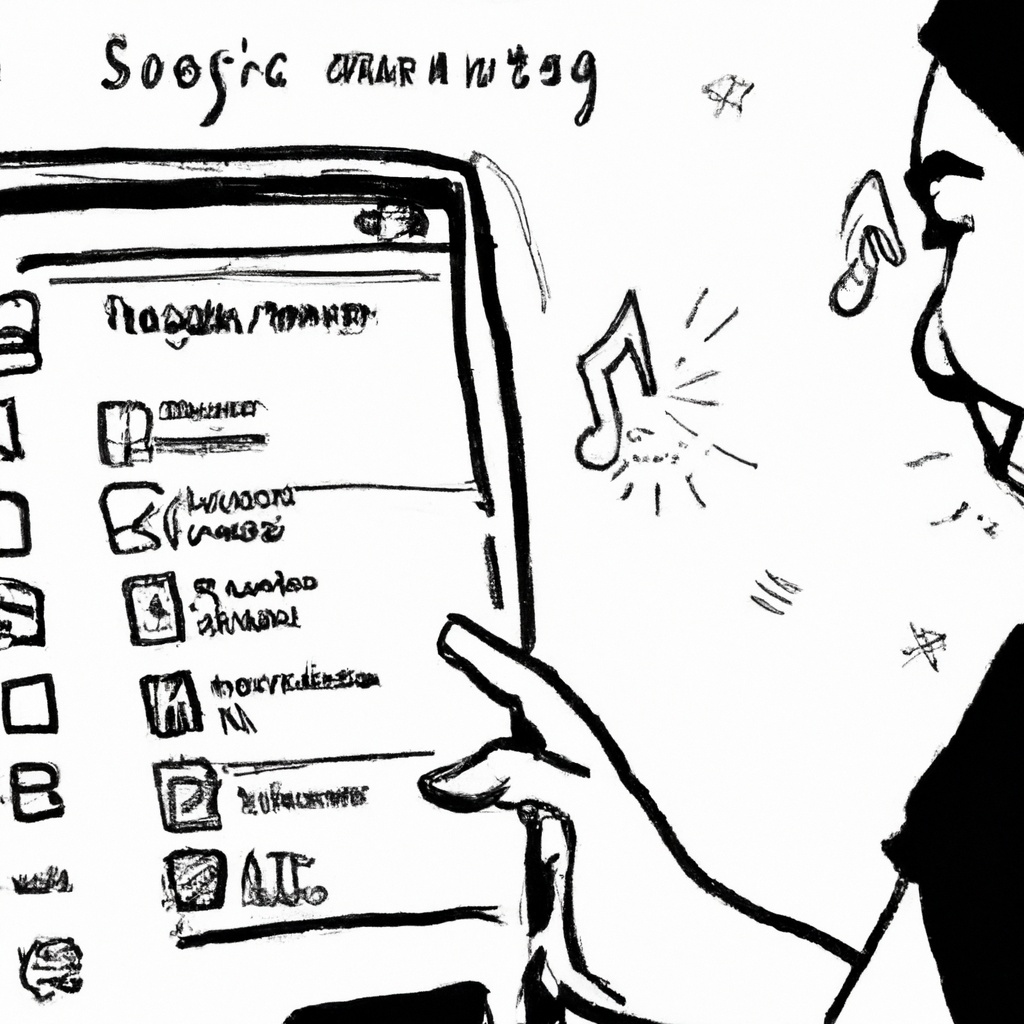Dear Readers,
AI plays a crucial role in our blog, helping us manage our time more effectively to keep the content flowing. While AI assists with content creation, which may lead to occasional spelling or grammar errors, our primary goal remains clear: to deliver meaningful insights to you. For important matters, please consult a specialist.
Thank you for your understanding and support.
Best regards,
Education.com.cy
Summary
This article explores the importance of promoting the healthy and ethical use of music. It highlights the multifaceted benefits of music, including its therapeutic, educational, and social impacts. The article emphasizes the need for critical thinking, awareness, and support for ethical artists while avoiding music that promotes negative behaviors. By following these guidelines, we can ensure that music contributes positively to individual and societal well-being.
Introduction
Music is a powerful tool that influences our emotions, behaviors, and social interactions. It has the potential to heal, educate, and bring people together. However, the misuse of music can lead to negative consequences, such as promoting violence, hatred, and unethical behaviors. Therefore, it is essential to promote the healthy and ethical use of music to harness its positive potential and mitigate its negative impacts.
Main Sections
Critical Thinking
Critical thinking is essential for promoting the healthy and ethical use of music. Here are some detailed points to consider:
- Evaluate the Source: Always question who created the music and what their intentions might be. Understanding the background and motivations of the artist can provide insight into the messages conveyed through their music.
- Analyze the Message: Scrutinize the lyrics and themes of the music. Consider what values and ideas are being promoted and whether they align with ethical principles and positive social values.
- Understand the Impact: Reflect on how the music affects your emotions and thoughts. Be aware of how certain melodies or lyrics might influence your behavior and attitudes, both consciously and subconsciously.
- Seek Diverse Perspectives: Expose yourself to a variety of musical genres and artists. This can help you develop a more balanced and informed perspective, reducing the risk of being unduly influenced by a single source.
- Educate Yourself: Stay informed about the ethical implications of music usage. Learn about how music can be used to manipulate, exploit, or harm others, and be vigilant against such practices.
- Support Ethical Artists: Choose to support musicians who promote positive messages and values such as peace, love, and empathy. By doing so, you contribute to a culture of ethical music consumption.
- Avoid Harmful Content: Steer clear of music that promotes violence, hatred, racism, or other negative behaviors. Such content can have a detrimental effect on both individual listeners and society as a whole.

Awareness
Awareness is crucial for promoting the healthy and ethical use of music. Here are some practical tips for responsible music use:
- Critical Thinking: Be critical of the messages conveyed through music. Consider who created the music, their objectives, and the influence they aim to exert.
- Awareness: Educate yourself about the ethical consequences of unethical music use. Understand how music can be used to manipulate, exploit, and harm others.
- Support Ethical Artists: Support artists who create music with positive messages and promote values such as peace, love, and empathy.
- Avoid Unethical Music: Avoid music that promotes violence, hatred, racism, and other negative behaviors.

Find out how the strategies discussed in the article
"How Teaching a Song Can Improve Your Child’s Learning and Well-Being"can help address internet addiction in children and teens.
Supporting Ethical Artists
Supporting ethical artists involves several key strategies to promote the healthy and ethical use of music. These strategies include:
- Education and Awareness: Educate artists about the ethical implications of their work and the impact it can have on society. This includes understanding the power of music to influence emotions and behaviors and the responsibility that comes with it.
- Ethical Guidelines: Develop and promote a set of ethical guidelines for artists to follow. These guidelines should cover topics such as respecting intellectual property, avoiding harmful or offensive content, and promoting positive messages through their music.
- Community Engagement: Encourage artists to engage with their communities in meaningful ways. This can include participating in community events, supporting local causes, and using their platform to raise awareness about important social issues.
- Mentorship Programs: Establish mentorship programs where experienced artists can guide and support emerging talents. Mentors can provide valuable advice on navigating the industry ethically and making decisions that align with their values.
- Digital Literacy: Equip artists with the knowledge and skills to use digital tools and platforms responsibly. This includes understanding the ethical use of social media, protecting their online presence, and using digital marketing techniques that are transparent and respectful of their audience.
- Psychometric Tools: Use psychometric tools and social media analytics ethically to understand audience preferences and behaviors. This data should be used to create content that resonates with audiences in a positive way, rather than manipulating or exploiting them.
- Support Systems: Create support systems for artists to help them cope with the pressures of the industry. This can include mental health resources, peer support groups, and professional development opportunities.
- Promoting Diversity and Inclusion: Advocate for diversity and inclusion within the music industry. Support artists from diverse backgrounds and ensure that all voices are heard and represented.

Avoiding Unethical Music
To promote the healthy and ethical use of music, it is essential to avoid music that promotes negative behaviors such as violence, hatred, and racism. Here are some detailed steps to achieve this:
- Critical Thinking: Be critical of the messages conveyed through music. Question who created the music, their objectives, and the influence they aim to exert.
- Awareness: Educate yourself about the ethical consequences of unethical music use. Understand how music can be used to manipulate, exploit, and harm others.
- Support Ethical Artists: Support artists who create music with positive messages and promote values such as peace, love, and empathy.
- Avoid Unethical Music: Steer clear of music that promotes violence, hatred, racism, and other negative behaviors.

Conclusion
Promoting the healthy and ethical use of music is crucial for harnessing its positive potential and mitigating its negative impacts. By practicing critical thinking, raising awareness, supporting ethical artists, and avoiding unethical music, we can ensure that music contributes positively to individual and societal well-being. Educators and parents play a vital role in guiding young people towards responsible music consumption, fostering a culture of ethical music use that enhances learning, healing, personal growth, and overall well-being.

Thank you for reading our article on Promoting Healthy and Ethical Use of Music. We highly value your feedback and invite you to take a brief survey to share your thoughts and experiences. Your responses will be kept confidential.
- No, not at all
Dear Readers,
Welcome to my blog, where technology, music, and visual arts come together to spark creativity and growth. By subscribing, you’ll become part of a vibrant community committed to exploring and learning in these areas.
Select the type of engagement that suits you best:
Join us and enjoy tailored content and direct support suited to your interests.
Confidentiality Statement: Your responses will be kept confidential and used solely for the purpose of improving our content and resources. We will not share your personal information with any third parties.
